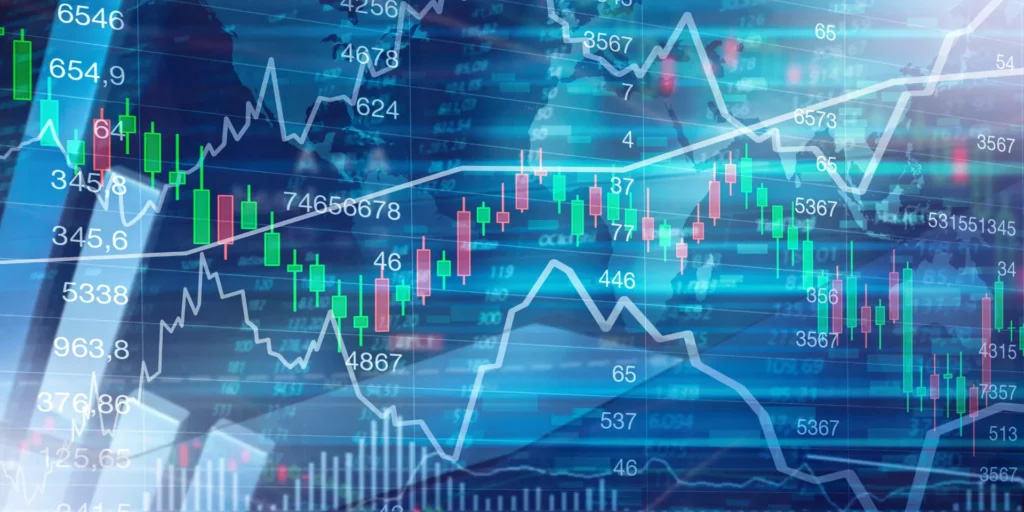
ENERGY USAGE MONITORING AND DATA ANALYTICS – REAL-TIME ENERGY MANAGEMENT SYSTEMS
With the implementation of monitoring systems, a company can continuously track energy consumption, analyze energy performance indicators, and identify areas with potential for optimization. Our solutions support businesses in making quick, informed energy management decisions, which leads to reduced operational costs and minimized environmental impact.
1. Designing and Implementing Energy Monitoring Systems
We collaborate with clients to develop energy monitoring systems tailored to their needs and business specifics. Implementation includes installing modern energy meters, sensors, and analytical software that collect data across various operational areas. This enables:
- Real-time energy monitoring across departments, buildings, and even individual devices.
- A comprehensive overview of the company’s energy usage to identify optimization areas.
- Online data access, enabling remote management and monitoring of energy infrastructure.
2. Analysis and Reporting of Energy Efficiency (KPI)
The energy monitoring system automatically calculates energy efficiency KPIs, which help assess a company’s energy performance. Examples of KPIs include:
- Energy consumption per production unit, allowing monitoring of production efficiency.
- Energy cost relative to revenue or other financial parameters.
- Energy loss rate in transmission and distribution. Regular KPI reporting enables companies to assess progress in energy efficiency and respond to changes before they result in higher costs.
3. Early Detection of Anomalies and Energy Savings
Real-time energy monitoring enables quick detection of anomalies, such as sudden energy spikes, equipment failures, or unplanned downtimes. The system can generate alerts when consumption values exceed set limits, allowing for:
- Immediate identification of technical or operational issues.
- Prompt response to inefficient equipment performance, minimizing energy losses and costs.
- Better demand management during peak hours, avoiding costly energy charges.
4. Predictive Analytics and Energy Consumption Forecasting
Using data analytics, we help companies forecast future energy consumption based on historical trends and seasonal variables. Predictive analytics allows:
- Forecasting energy usage in the coming weeks or months, facilitating budget and energy procurement planning.
- Optimizing equipment and production schedules to minimize energy costs.
- Anticipating energy demand increases during critical periods, avoiding unexpected loads and operational disruptions.
5. IoT and Big Data in Energy Management
Our energy monitoring systems leverage the latest IoT and Big Data technologies, enabling the collection and processing of vast amounts of data. IoT integrates devices, meters, and energy management systems, allowing:
- Real-time tracking of energy consumption at the device and process levels.
- Fast data processing and generation of reports on energy consumption and efficiency.
- Automation of energy management processes, such as adjusting device temperature or power to meet current demand.
6. Interactive Reporting and Data Visualization
Energy monitoring systems provide interactive reports and data visualizations that facilitate energy consumption analysis by the management team. Visualization allows:
- Quick identification of energy usage patterns and areas for optimization.
- Comparison of energy consumption over time and between company departments.
- Presentation of energy results and indicators in a clear way for management and stakeholders, facilitating strategic decision-making.
7. Real-Time Energy Management
Implementing monitoring systems enables real-time energy management, crucial for companies with high energy consumption. Continuous data analysis allows a company to:
- Dynamically adjust device operating parameters to minimize energy consumption.
- Automatically control temperature, lighting, and other systems depending on the time of day, employee count, or weather conditions.
- Optimize energy consumption during peak hours, reducing the risk of system overload.
8. Long-Term Optimization and Improvement of Energy Efficiency
Continuous energy monitoring and data analysis allow companies to systematically improve infrastructure and processes. This facilitates long-term optimization, enabling:
- Ongoing reduction of energy costs by identifying and eliminating energy-intensive processes.
- Modernizing equipment and infrastructure based on monitoring results.
- Setting realistic energy-saving goals and tracking progress towards achieving them.
9. Compliance Reporting and Support for Sustainable Development
Energy monitoring and regular reporting of efficiency indicators support sustainability efforts. Monitoring systems allow for the generation of compliance reports, which:
- Demonstrate compliance with energy efficiency and environmental protection regulations.
- Support ESG (Environmental, Social, Governance) initiatives and sustainable development, enhancing the company’s image.
- Provide stakeholders with data on the company’s progress in CO₂ reduction and other environmental goals.
Benefits of Energy Consumption Monitoring and Data Analytics
By implementing energy monitoring systems, a company achieves:
- Reduced operational costs through more efficient energy management and minimized losses.
- Improved operational efficiency with rapid problem response and process optimization opportunities.
- Long-term savings and support for sustainable development strategies.
- Better resource management and visibility into energy consumption, simplifying decision-making on infrastructure upgrades.
The implementation of energy consumption monitoring and data analytics allows a company to control energy use, continually improve processes, and contribute to achieving sustainability goals, enhancing competitiveness and profitability.
.


































